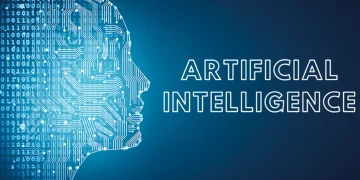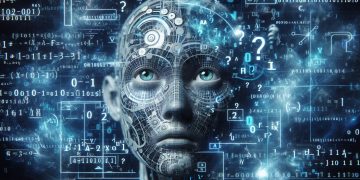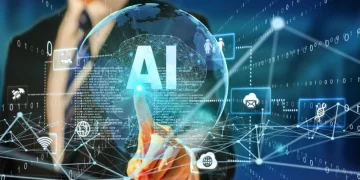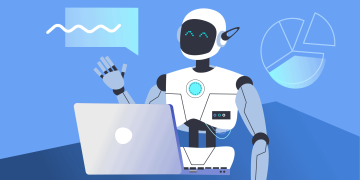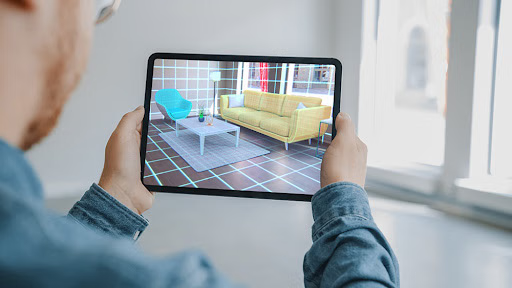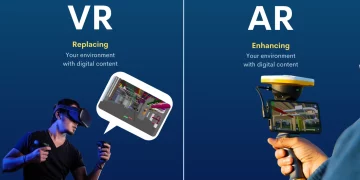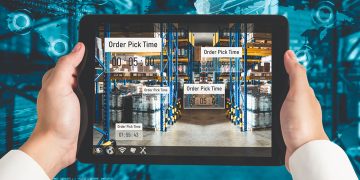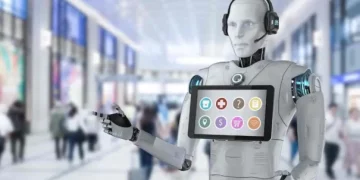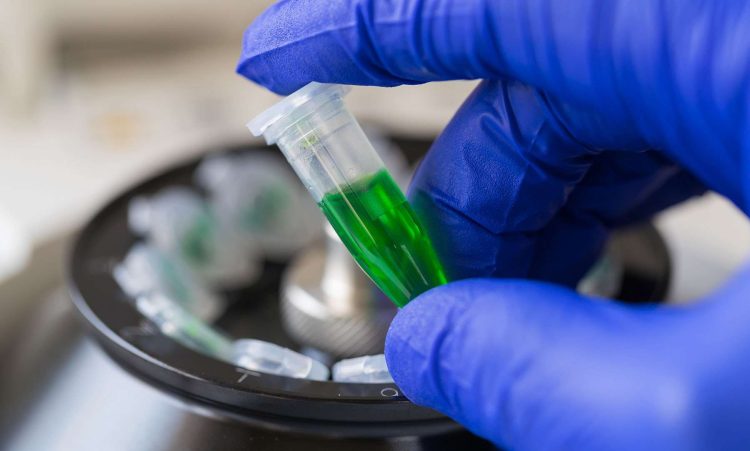Introduction: A Revolution at the Cellular Level
In the last few decades, biotechnology has quietly redefined what it means to be healthy, to be human, and to heal. From the early discovery of DNA’s double helix in 1953 to today’s genome editing breakthroughs and lab-grown organs, biotechnology has turned the invisible workings of life into a readable, editable, and even designable system. The result is a revolution—not in distant laboratories only, but in hospitals, pharmacies, and even homes around the world. Biotechnology now touches nearly every aspect of medicine: diagnostics, treatments, vaccines, drug development, and preventive healthcare.
What makes biotechnology so powerful is its ability to work at the cellular and molecular levels. Traditional medicine treats symptoms and manages conditions, but biotechnology goes deeper—it works on the roots of disease by understanding, manipulating, and engineering biological processes. It is the science of using living systems and organisms to solve problems. And in healthcare, those problems often mean saving lives.
1. The Genetic Blueprint: Understanding Life to Heal It
At the heart of biotechnology’s medical impact lies one fundamental realization: our DNA holds the key to both our vulnerabilities and our strengths. When scientists cracked the human genome in 2003, they unlocked a language that had been written over billions of years of evolution. Today, that language is being rewritten.
1.1 Gene Therapy: Curing the Incurable
Gene therapy aims to correct faulty genes responsible for disease. Early experiments in the 1990s were risky, but decades of refinement have turned this idea into reality. For example, in 2017, the U.S. Food and Drug Administration (FDA) approved Luxturna, the first gene therapy for a rare form of inherited blindness. Patients who had never seen light suddenly gained partial vision—a miracle enabled by a single corrected gene.
More recently, gene therapies like Zolgensma have offered new hope to children with spinal muscular atrophy, a previously fatal disorder. By delivering a functional copy of the SMN1 gene, the therapy replaces what the body cannot produce. The once-impossible idea of “curing” genetic diseases is now tangible.
1.2 CRISPR: The Scissors of Life
If gene therapy repairs, CRISPR edits. CRISPR-Cas9 technology, discovered in 2012, allows scientists to precisely cut and modify DNA sequences. It has democratized genetic engineering—making it cheaper, faster, and more accurate than ever before. In 2023, the world witnessed the approval of the first CRISPR-based treatment for sickle cell disease, where patients’ blood cells were reprogrammed to eliminate painful symptoms.
The implications extend beyond inherited diseases. CRISPR is being tested in cancer immunotherapy, viral infections like HIV, and even in agriculture to enhance nutrition and sustainability. However, its potential raises profound ethical questions, which society is still learning to navigate.
2. Regenerative Medicine: Growing New Life from Within
While gene editing rewrites the body’s code, regenerative medicine aims to repair the body itself. Biotechnology has made the once-fantastical idea of regenerating organs and tissues an emerging clinical reality.
2.1 Stem Cells: The Master Builders of the Body
Stem cells are the foundation upon which the body is built—they can turn into any cell type. By understanding how to control their differentiation, scientists can regenerate tissues damaged by injury or disease. Stem cell therapies are already being used to treat blood cancers through bone marrow transplants, and research is rapidly advancing in heart disease, diabetes, and neurodegenerative disorders.
For example, scientists have succeeded in growing mini-organs—called organoids—from stem cells. These organoids mimic real human organs in structure and function, allowing researchers to test drugs or study diseases without endangering patients. In time, these could even be transplanted to replace damaged organs.
2.2 3D Bioprinting: Printing Organs, Saving Lives
Imagine printing a new liver or a skin graft for a burn victim. 3D bioprinting uses bio-inks made of living cells to create complex tissue structures layer by layer. Companies and research institutes are now experimenting with printing vascularized tissues—complete with blood vessels—that could one day be implanted directly into patients.
This technology has already entered practical medicine. Printed skin grafts can help soldiers and burn victims heal faster, while bioprinted cartilage offers new hope for arthritis patients. It is not yet possible to print a full, functional organ, but the foundation is being laid for a future where organ shortages become a problem of the past.
3. Biotechnology in Drug Development: Faster, Smarter, Safer
Developing a new drug once took more than a decade and billions of dollars. Biotechnology has dramatically accelerated this process.
3.1 Biopharmaceuticals: The Rise of Targeted Therapies
Unlike traditional chemical drugs, biopharmaceuticals are made using living cells. These include monoclonal antibodies, vaccines, and recombinant proteins. They are highly specific, targeting disease pathways with unprecedented precision. For instance, biologic drugs like Herceptin target HER2-positive breast cancer cells without harming healthy tissue.
Biotechnology also powers the production of insulin, hormones, and growth factors—many of which used to be extracted from animals or cadavers. Recombinant DNA technology allows these molecules to be produced safely, efficiently, and ethically.
3.2 The AI-Biotech Connection
Artificial intelligence (AI) and biotechnology are increasingly intertwined. AI helps researchers analyze massive datasets—from genomics to protein structures—accelerating discoveries that once took years. The development of AlphaFold, an AI system by DeepMind, which predicted the 3D structure of nearly every known protein, has revolutionized biomedical research. It has turned what was once the slowest step in drug design into a matter of seconds.
The combination of AI, biotech, and high-throughput screening has also made personalized medicine possible—tailoring treatments to each person’s genetic makeup, lifestyle, and environment. This is the future of healthcare: precise, predictive, and preventive.
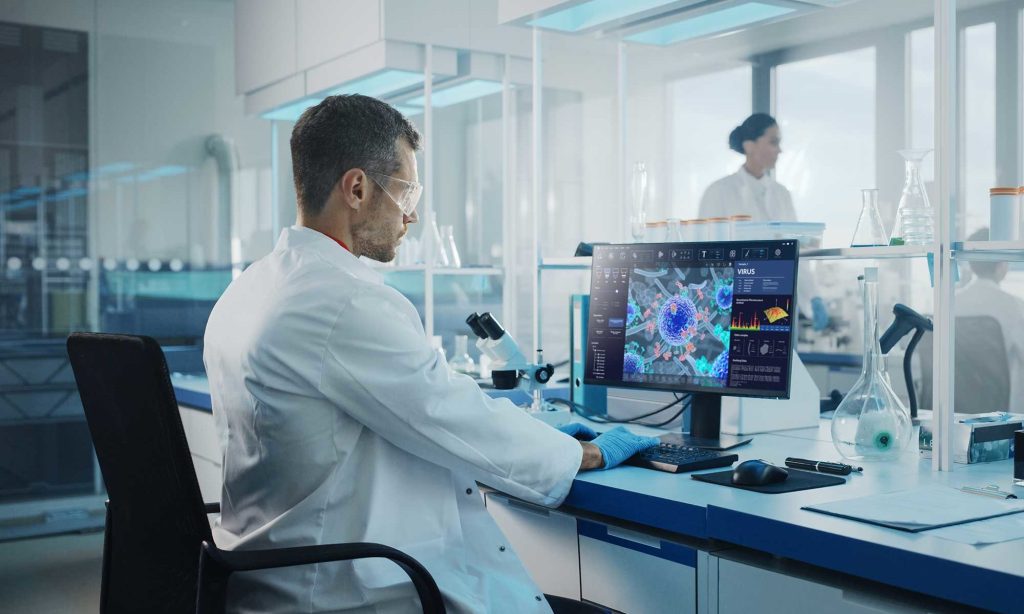
4. Fighting the Unseen: Biotechnology Against Infectious Diseases
The COVID-19 pandemic showcased biotechnology’s ability to respond swiftly and globally.
4.1 mRNA Vaccines: A New Era in Immunization
The mRNA vaccine, developed by BioNTech and Moderna, was built on decades of research in genetic delivery systems. Instead of injecting a weakened virus, the vaccine delivers instructions—messenger RNA—that teach the body to produce a harmless version of the virus’s spike protein, training the immune system to recognize and fight the real pathogen.
This approach proved faster, safer, and more adaptable than traditional vaccine methods. Beyond COVID-19, mRNA technology is now being explored for influenza, RSV, and even cancer vaccines. The same mechanism that once saved millions from a pandemic could soon help eliminate long-standing diseases.
4.2 Synthetic Biology and Pandemic Preparedness
Synthetic biology—the design of new biological parts and systems—plays a crucial role in future pandemic defense. By synthesizing viral genes, researchers can rapidly create vaccine candidates or antiviral compounds without waiting for live samples. Combined with global genomic surveillance, this gives humanity a head start against emerging pathogens.
5. Biotechnology in Everyday Health
Biotechnology is not confined to labs or hospitals. It’s becoming part of our daily lives.
5.1 Wearable Biotech and Digital Health
Modern health wearables, like glucose sensors or heart monitors, rely on biosensors that detect molecular changes in the body. The integration of biotechnology and digital platforms allows for continuous, personalized health tracking. In the near future, such devices might detect diseases before symptoms even appear, enabling early interventions.
5.2 Nutritional Biotechnology and Gut Health
Biotech is also reshaping what we eat and how our bodies process food. Probiotics, functional foods, and lab-grown meat are all products of this revolution. Researchers are exploring how manipulating the gut microbiome can improve immunity, metabolism, and even mental health—proving that biotechnology touches both body and mind.
6. Ethical Horizons: Promise and Responsibility
Every leap in biotechnology raises complex ethical questions. Should we edit the human germline? How do we balance profit and access to life-saving therapies? Who owns genetic data? As we gain more control over life’s building blocks, we must also strengthen our moral frameworks.
Ethical biotechnology demands transparency, inclusivity, and regulation. Public dialogue is crucial, as the future of human health is a shared responsibility—not just among scientists and policymakers, but all citizens. Biotechnology is not only about extending life—it is about defining what kind of life we want to live.
7. Looking Ahead: The Future of Biotech Medicine
The convergence of biotechnology with artificial intelligence, nanotechnology, and quantum computing could redefine medicine even further. Imagine nanoscale robots repairing tissue from within the bloodstream, AI predicting diseases before they arise, or printed organs replacing transplants entirely. These are not distant fantasies—they are prototypes in development today.
Yet, the greatest challenge remains accessibility. Biotechnological innovations must reach beyond wealthy nations to serve global humanity. As we step deeper into the biotech century, ensuring that these miracles benefit everyone will determine whether this revolution truly fulfills its promise.
Conclusion: Healing by Understanding Life
Biotechnology has given humanity an unprecedented gift: the ability to understand, and even rewrite, the biological code that defines us. It allows us to move from treating illness to restoring health, from managing life to designing it. This transformation is more than scientific—it’s philosophical. It redefines what it means to be human.
As we continue to explore this new frontier of medicine, one truth stands out: the smallest discoveries—tiny molecules, microscopic cells, single strands of DNA—can have the biggest impact on human destiny. The biotechnology revolution is not merely about science; it is about hope, resilience, and the boundless creativity of life itself.


